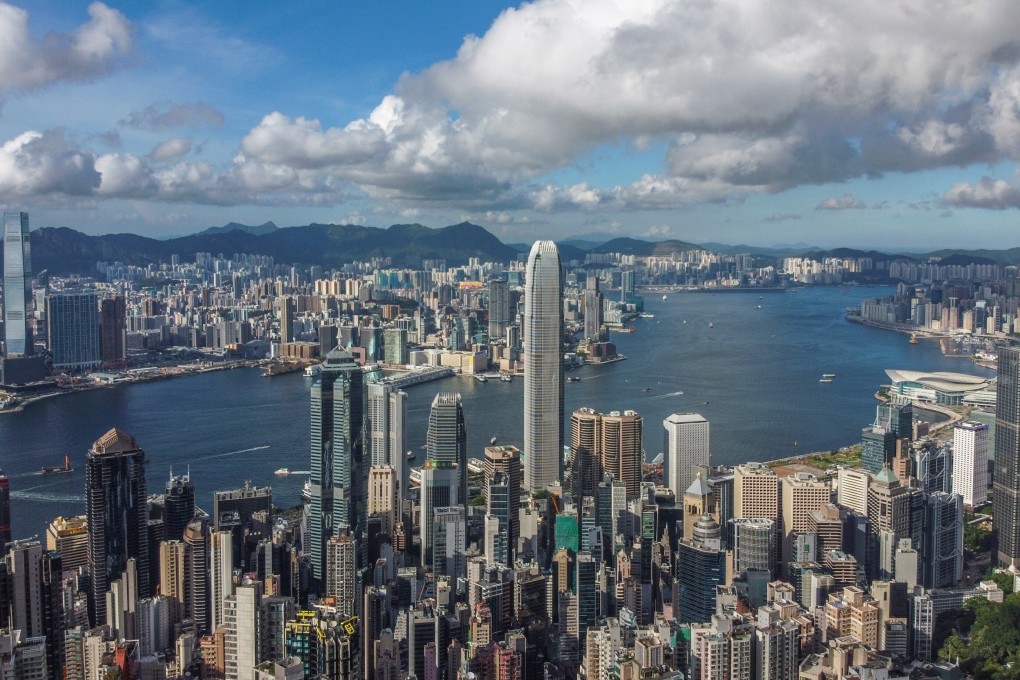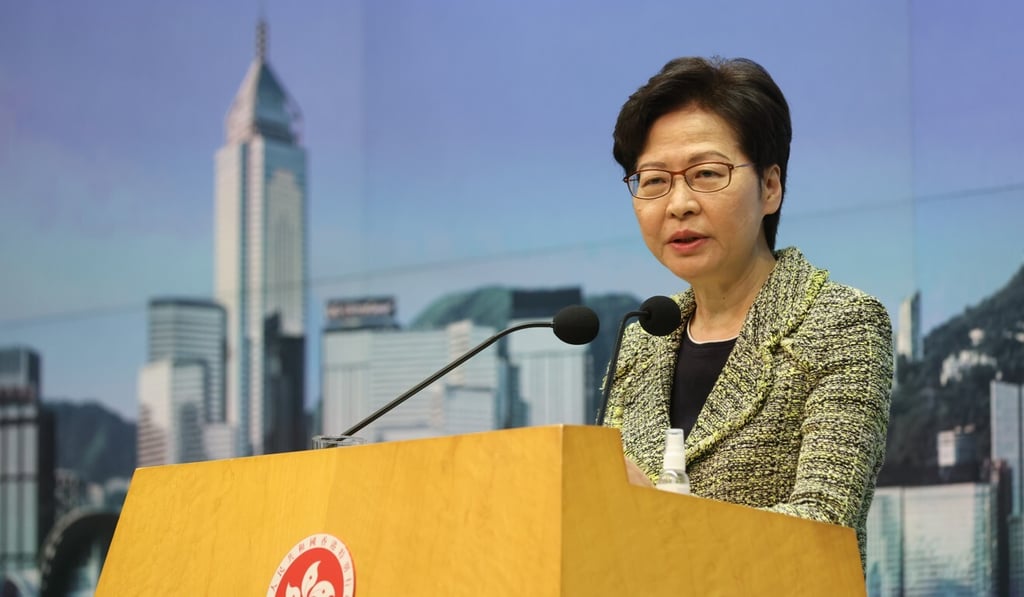Explainer | China’s anti-sanctions law: what is it, how will it take effect in Hong Kong and should the business community worry?
- Beijing is discussing this week how to apply the law to Hong Kong, with an announcement expected on Friday
- Hong Kong officials offer reassurance the powers will only be used in retaliation for punitive actions taken by foreign governments

Hong Kong’s international business community is holding its collective breath as the nation’s top legislative body discusses this week how to apply mainland China’s anti-sanctions law to the financial hub. An announcement is expected when the closed-door session ends on Friday.
The law passed by the mainland in June empowers Chinese authorities to seize assets from entities that implement sanctions against the country and hold businesses that refuse to help Beijing carry out countermeasures liable.
Hong Kong officials have sought to reassure the public that the powers will only be used in retaliation for punitive actions taken by foreign governments. But legal experts and businessmen fear the law will place foreign firms, particularly banks, between a rock and a hard place.
Here is what you need to know about the new law, its potential impact to Hong Kong and how it might be localised.
